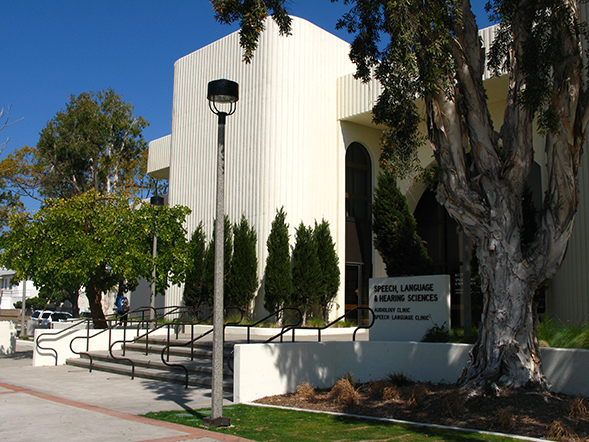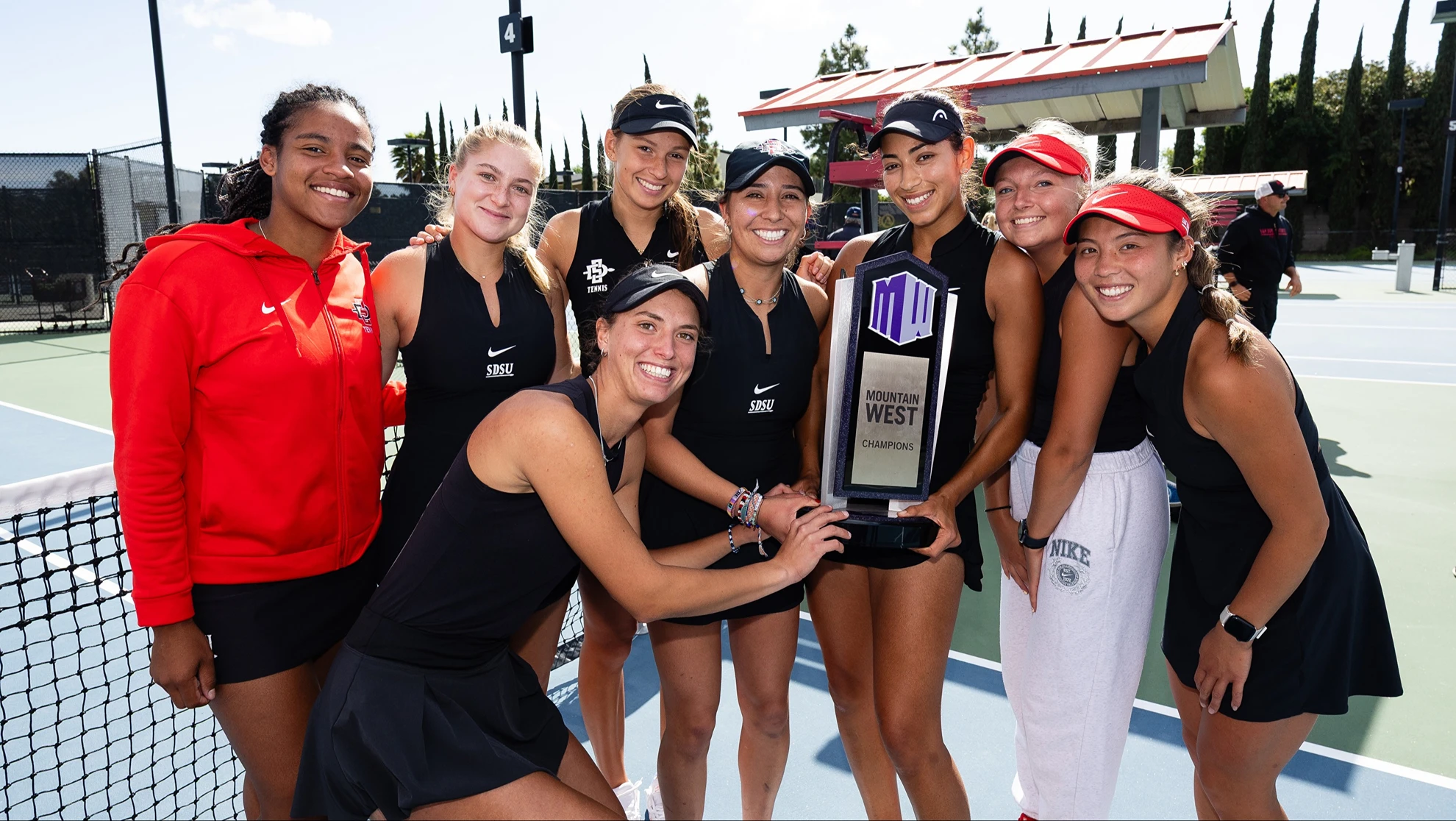Speaking a Language all San Diegans Understand
SDSUs Speech-Language and Audiology Clinics offer no-cost and low-cost services to families and individuals who otherwise wouldnt receive them.

For many throughout the San Diego region, San Diego State University’s Speech-Language Clinic and Audiology Clinic are lifelines, offering free and low-cost speech and language therapy and hearing evaluation and improvement services to children and adults that otherwise might not be able to afford such care.
Students benefit, too, as they gain practical experience that helps them find good jobs after graduation. The majority of grads wind up working in San Diego or Southern California—carrying their skills into schools, hospitals and private practices as audiologists, speech-language pathologists and therapists.
“We’re making a huge difference in the community,” said Charlotte Lopes, who has served as the Speech-Language Clinic’s director since 1993. “Very few insurances cover services for speech delays in children, and we are basically the only place in San Diego where adults who’ve had strokes or traumatic brain injuries or other brain insults can come to get these speech and language services.”
Each year, dozens of master’s students within SDSU’s School of Speech, Language, and Hearing Sciences gain experience by working with 75-80 children and adults with a variety of speech-language difficulties, ranging from developmental delays in children to complications brought on by brain injuries in adults. A special bilingual training program within the Speech-Language Clinic prepares some students to work with the many bilingual residents of the region.
Founded in the 1950s
Speech-Language Clinic clients are seen on a semester basis and fall into four broad service categories: adult neurogenic disorders services; adult speech and language services; pediatric speech and language services; and accent and communication training. Clients usually attend two 50-minute sessions per week, though clinic staff do what they can accommodate clients’ schedules.
Within the Audiology Clinic, dozens more students—including those working toward their Doctor of Audiology degree, a joint doctoral program offered with the University of California, San Diego—conduct free hearing assessments and low-cost hearing aid evaluations and consultations, as well as tuning, maintenance and repair of assisted listening devices and hearing aids. The SDSU-UCSD collaboration was the first institution in California to offer the Doctor of Audiology degree.
The Speech-Language and Audiology Clinics were founded in the early 1950s. (Read more about the fascinating history of the School of Speech, Language and Hearing Sciences here.) Since January 2017, the clinics have worked under a donation-based model, requiring no payments of any kind from families or individuals who seek treatment for most services.
New clinics in Mission Valley
For those dozens of families who receive therapy at the clinics, it can be life-changing, Lopes said, yet the demand for these services outpaces the clinics’ current capacity.
SDSU’s aspiration to build a satellite campus in Mission Valley—with the expansion of its clinical services being a significant prong of that development—would help the clinics serve an even larger portion of the population, as well as offer a more central meeting place for many residents.
Graduate students in the highly competitive programs split their time between working at the on-campus clinic and at off-campus sites in schools, hospitals and private practices.
"There’s nothing like a motivated graduate student to provide enthusiastic, heartfelt service to a client," Lopes said.
That combination of on-campus, community-based service and off-campus site work gives students the kind of real-world experience that virtually guarantees them a good job after they graduate, Lopes said.
Leah Mizrahi, a Speech, Language, and Hearing Sciences master’s student who works in the Speech-Language Clinic and will graduate in May, said she’s grateful for the opportunity to serve her community. She has enjoyed working with children and plans to work in a school, most likely somewhere in Southern California.
"This field is so big and you can do so much with it,” she said. “I’m looking forward to seeing where this career takes me.”



